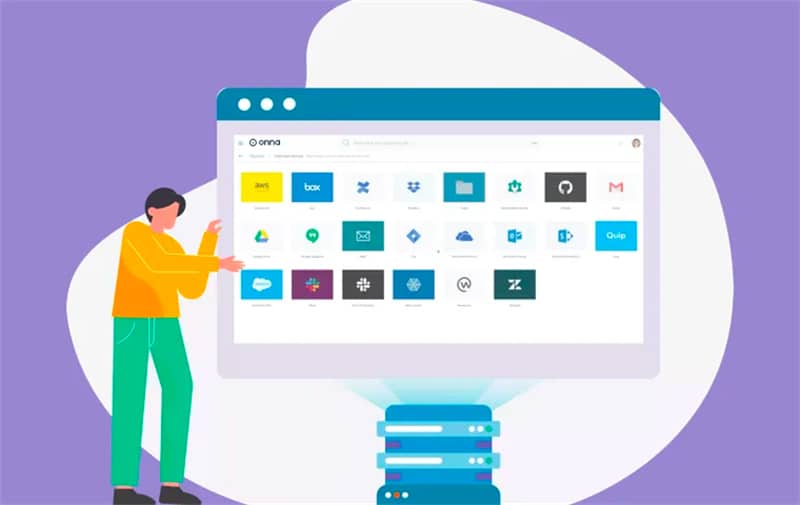
Finding relevant documents on time can make a massive difference to a specific case outcome, proving the importance of having information at the fingertips in the modern world. Here’s where eDiscovery is handy for many law firms, government agencies, and other crucial enterprises.
But what is eDiscovery? It is a critical process whereby evidence is obtained and exchanged electronically in an investigation or a legal case. It involves information being sought, found, stored, and searched for when a company needs to use it as evidence.
The following information can be exceptionally beneficial to agencies entering this efficient world of electronic discovery.
Its importance

The global eDiscovery market is worth billions of dollars and expected to keep increasing in the coming years as an increasing number of professional establishments learn of its significance. It is used in civil and legal cases worldwide, enabling litigating parties to acquire and share vital information without the hassle of manual labor.
The process has broadened the scope of Electronically Stored Information (or ESI), making requests for relevant information by both parties a breeze by allowing them to find and secure every piece of crucial ESI. It ensures that data is stored more efficiently, eliminating the need for physical records that can be misplaced or lost anytime. It also reduces cost since less manual effort is involved, allowing companies to use their resources on other vital aspects.
eDiscovery is useful in cyber forensics, social media litigation, and various civil and criminal legal issues.
How it works
The process involves various stages and complex techniques, like any other investigation. Invariably, most firms initiate the task using their subjective steps. That being said, the most standard process involves a few basic steps, with the first one being identification, wherein lawyers identify the data and initiate requests and challenges.
Then comes preservation, where the relevant information is preserved via a legal hold to prevent sanctions and fines. After this step, the data is collected and transferred to the legal counsel, who reviews its relevance. In the production stage, relevant documents are exchanged between the parties, typically in a physical form.
Finally, the information or evidence relevant to the litigation process is presented to the judges, mediators, opposing lawyers, juries, and other participants in an organized and easily understandable way.
Why a good platform matters

Having answered the what is eDiscovery query and learning of its importance, the next step is to grasp the critical need for a trustworthy platform. The idea is to rely on industry specialists with loads of experience providing high-end solutions to various law firms, large corporations, government establishments, and other pivotal entities.
It will ensure utmost platform security and compatibility, helping you use the software to its optimal best. Also, these sophisticated tools are most likely easier to integrate with your system than others with less valuable features, costing you precious time and money.
You can check a provider’s success record, product list, and other details on their website to know how suitable they are for your specific needs. You can also ask for a demo or contact them for additional information to help you understand how their AI works and if it is worth the investment. So, scout for a reliable professional providing diverse cloud-based solutions for all your needs at affordable prices.










